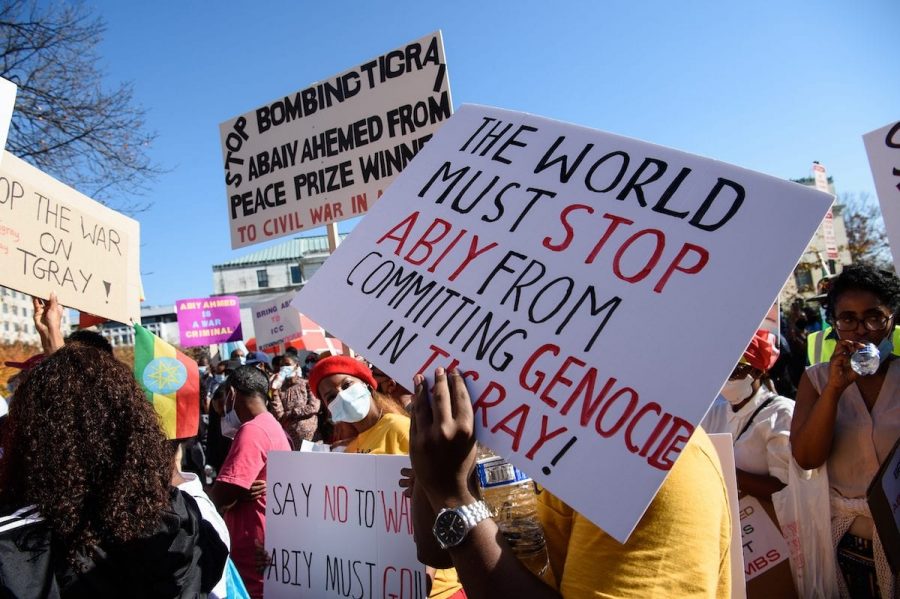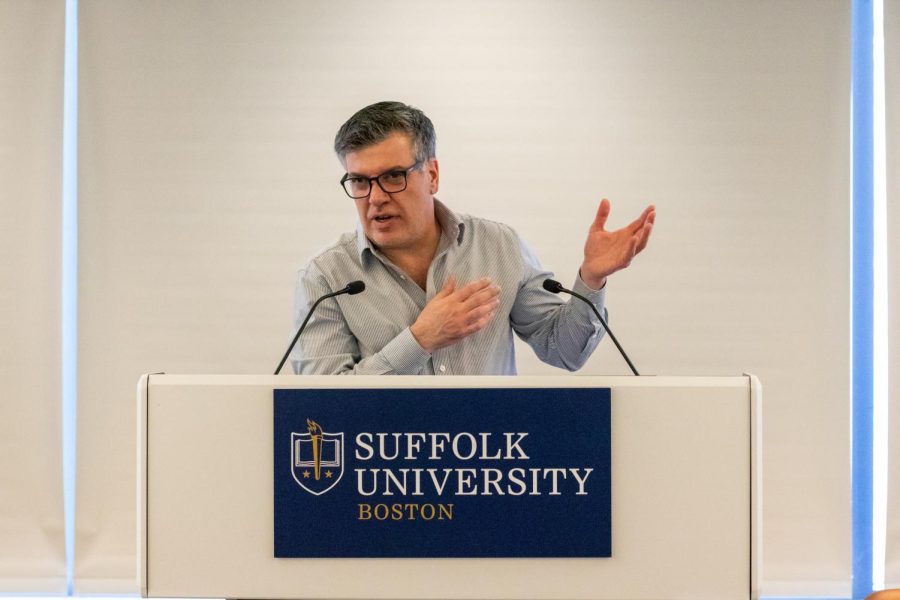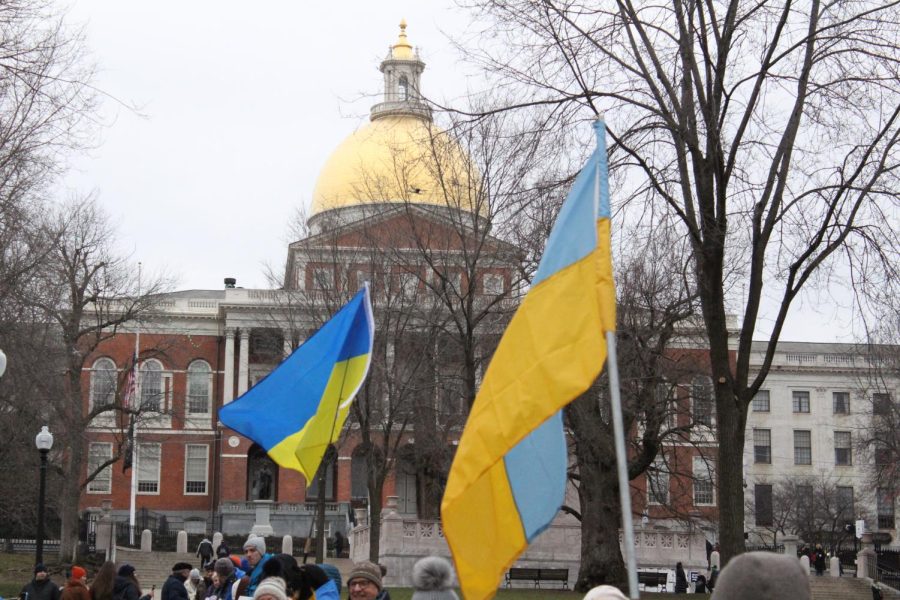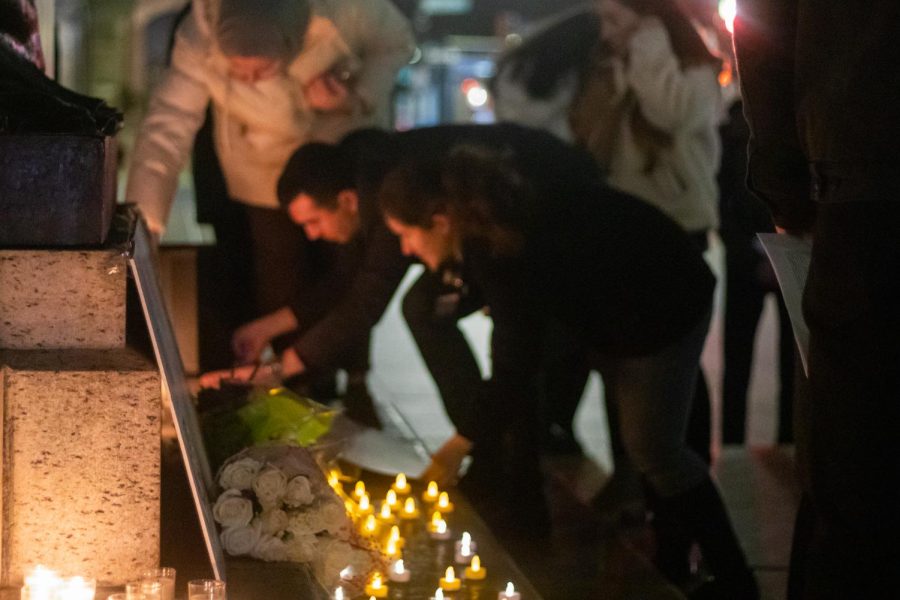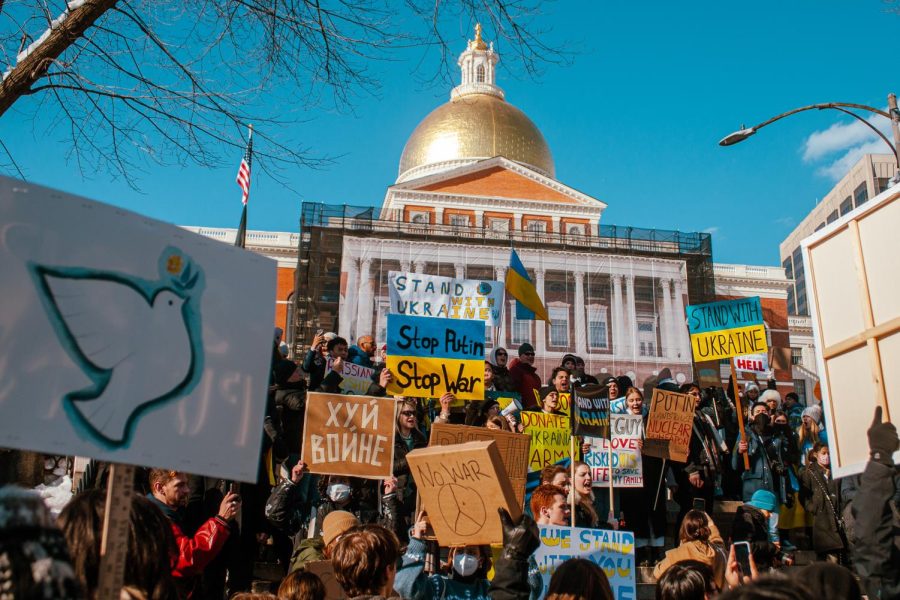Protesters have regularly gathered outside the Massachusetts State House in Boston to oppose human right violations in Ethiopia’s Tigray Region.
These protests are being hosted by the Tigray Community Center of Boston and are a response to the Tigray War, a conflict that has waged on for over five months.
The protestors are hoping to bring attention to the violence and atrocities, including bombings, massacres and rapes, taking place in their homeland, with the goal of spreading awareness about the war to the American public.
Protestors are also calling on the United States government to take action in putting an end to the events taking place in the Tigray Region.
According to the Massachusetts Peace Action, the Tigray Community Center is urging the US to “call for an immediate cessation of hostilities by all parties involved in the war, the withdrawal of Eritrean forces from all areas of Ethiopia, unfettered access into all of the Tigray Region for humanitarian assistance, and open access for international media to Ethiopia” through a peaceful resolution.
The conflict has its roots with the Ethiopian Civil War of 1991, when Ethiopia fell under the control of the Ethiopian People’s Revolutionary Democratic Front (EPRDF), a coalition of ethnic-nationalist parties dominated by the Tigray People’s Liberation Front (TPLF); which has been described as a “heavily armed, ethnic nationalist paramilitary insurgency and political party,” according to The Guardian.
In April 2018, the TPLF lost control of the Ethiopian federal government as a result of widespread public opposition. This was primarily in reaction to the 27 years of the party’s political and social repression. The groups that particularly opposed the TPLF, were the Amhara and Oromo people, who make up the majority of Ethiopia, as they felt that the party favored the Tigrayans, who are a minority group from the northern part of the country who gave much support to the TPLF, according to NPR.
According to AfricaNews, MP Abiy Ahmed was voted to chair the EPRDF later that year by executive committee members from the Amhara, Oromo and Southern Nations Nationalities. This was done in a closed door election, which was held defiance of the TPLF.
The TPLF rejected the results of this election and the newly-elected Ahmed accused them of undermining his authority. This caused tensions between the two sides to escalate, which was exacerbated by Ahmed’s close relations with neighboring Eritrea’s president, Isaias Afwerki, who is an opponent of the TPLF and viewed by many in the international community as a totalitarian dictator.
On Nov. 4, tensions between the Ethiopian government and the TPLF reached an all time high after the TPLF attempted to lead the Tigray Region in secession from the rest of Ethiopia.
According to the Ethiopian Constitution of 1995, “Every Nation, Nationality and People in Ethiopia has an unconditional right to self-determination, including the right to secession.”
However, Ahmed’s government refused to accept the secession attempt. This prompted the TPLF to attack an Ethiopian National Defense Force complex in the Tigrayan capital city of Mek’ele, to which Ahmed’s government launched an offensive accompanied by the declaration of a state of emergency.
This led to an outbreak of war, in which widespread violence occurred along with many war crimes. The Ethiopian National Defense Force was able to capture Mek’ele by Nov.17, and Ahmed declared the Tigray operation to be over. However, according to The Economist, the TPLF said that it would “continue fighting, until the ‘invaders’ are out.”
According to the Europe External Programme with Africa, man massacres of civilians took place during November and December 2020 in and around the cities of Adigrat, Hagere, Humera, Selam, Mai Kadra, Debre Abbay, Aksum, and in the Hitsats refugee camp. The targets of these massacres were primarily Tigrayans.
These war crimes caused an outcry and condemnation in the international community. According to Politico, the European Commission intends to mobilize four million euros in emergency aid, in order to assist displaced Ethiopian refugees who had fled to Sudan, and plans on cutting aid to and sanctioning other regions of Ethiopia due to the conflict, while the African Union condemned both the European Union and the United Nations Security Council for intervening before an African Union envoy was sent to Ethiopia, according to Reuters.
Many prominent figures in the Ethiopian diaspora have offered their support and aid towards stopping the conflict, such as athletes Haile Gebreselassie and Kenenisa Bekele, and singers Aminé and The Weeknd. Protests by the diaspora, such as the one in Boston, have been seen across the world.
At Suffolk University, Ethiopian-American students, many who have family and friends directly affected by the conflict, support an end to the war.
“Politics in Ethiopia is very different from politics in the U.S. The country is still at its infant stage of democracy and enabling that has brought many problems,” Suffolk student Christy Gebeyaw said. “The war in Tigray is a tragedy that has affected all Ethiopians, but even more the people of Tigray.”
“If the Suffolk community could spread awareness to the issue, I feel like it would show students a broader world, and see that there are so many things going on around the world,” Gebeyaw said in response to what students and faculty at Suffolk could do to help out with the crisis.
While the war continues to rage on, the Ethiopian community abroad has continued to show a sense of unity and support for the people suffering in their homeland.


